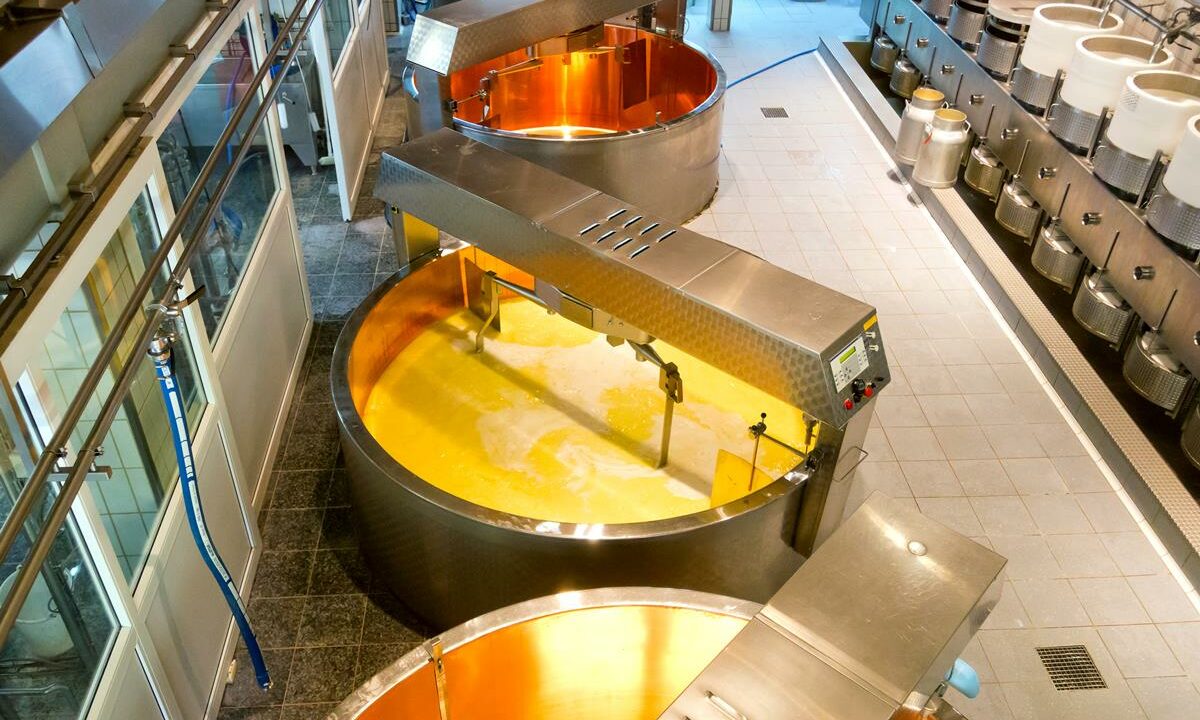Food prices continue to fall in real terms. This is good news for consumers. However, it’s a real kick in the teeth for farmers who find themselves coping with the double whammy of falling market returns and the total uncertainty of future support budgets.
Throw in the additional challenges of market volatility increasing costs and ever-tightening bureaucratic requirements and one is left with the fundamental question: who would want to be a farmer in this day and age?
The real villains in this piece are, of course, the supermarkets.
There seems no end to their influence and power they can exert when it comes to keeping retail food prices at what can only be regarded as artificially low prices.
Yes, there has been some stability in milk prices over the past few months. However, milk producers need every extra penny they can get, in order to pay back the high debt levels that have amassed within that particular sector over the past number of years.
Prior to the last two general elections, the Conservative party promised to appoint a supermarket ombudsman, with the full authority to inquire into the buying practices of the multiple food retailers.
And, of course, we have also had similar views expressed repeatedly by EU Farm Commissioner Phil Hogan. However, in the light of the recent inflation figures, the appointment of this person could not come fast enough.
Everyone says that there must be greater balance brought to bear with the farming and food chain.
As things stand, it is farmers who are doing all the heavy lifting and getting bugger all back in the form of genuine compensation for their efforts.
This situation must be changed. And the clock is ticking.
The reality is that all the input costs incurred by farmers – particularly feed, fertiliser and fuel – have increased dramatically, in real terms, over the past number of years. However, the same trends cannot be identified when it comes to retail food prices.
Farmers produce the one commodity which we all need to survive – food. As businessmen, they are aware of the fundamental rule of economics: supply and demand will dictate prices.
However, when it comes to retail food prices in the UK, this law seems to break down.
It doesn’t take a genius to work out that undue influence is being brought to bear at the top end of the agri-food production and sales chain – to the total detriment of primary producers.
And it will take a fully-empowered ombudsman to find out where the problems lie and how they can be fixed.

